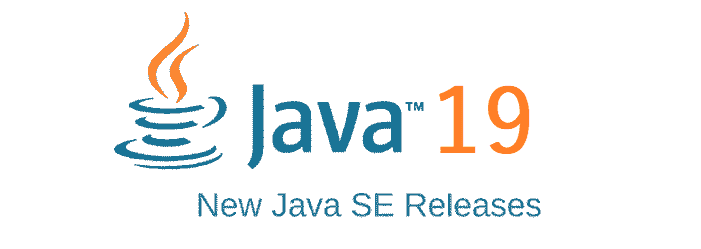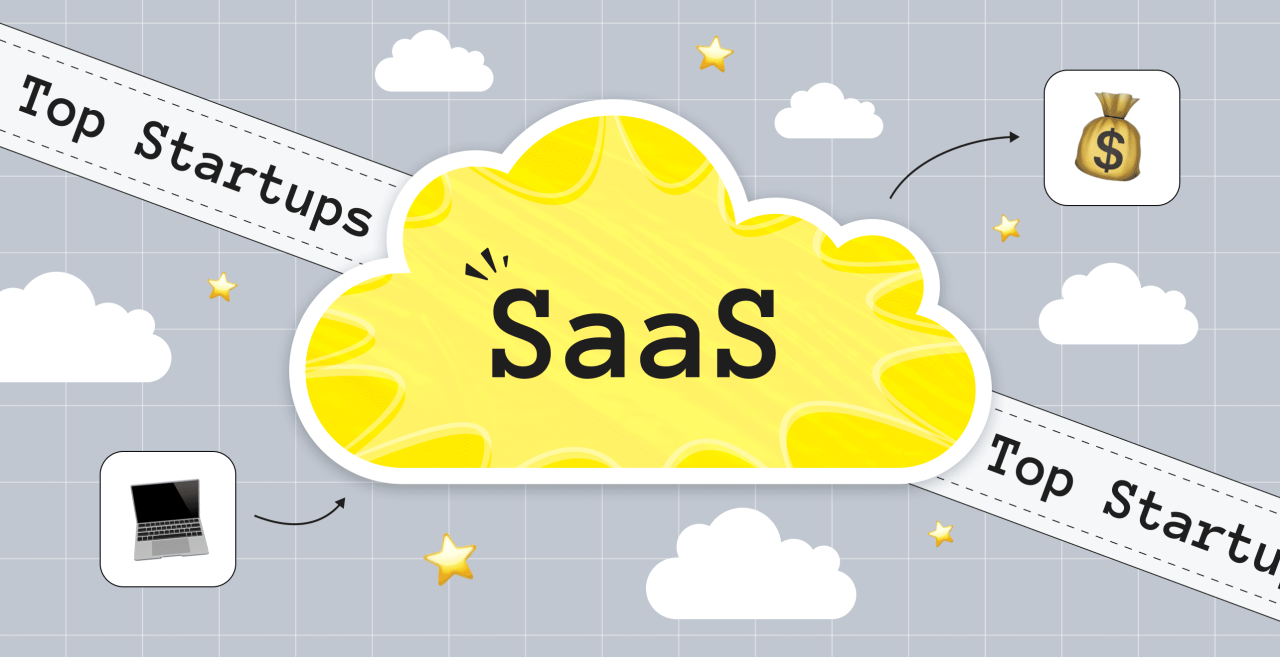7 Tech Jobs AI Still Can’t Replace as artificial intelligence accelerates at a breakneck pace, entire industries undergo metamorphosis. Yet despite the ubiquity of machine learning and automation, certain roles remain impervious to digital usurpation. If you’re pondering your professional trajectory, anchoring yourself in these bastions may provide both stability and intellectual exhilaration. Here are seven jobs AI cant replace in tech, each fortified by uniquely human capabilities, from nuanced empathy to audacious creativity.
In the sections that follow, you’ll encounter concise synopses and extended expositions, peppered with uncommon lexemes to enliven your journey. Let’s explore why these occupations endure and how you can thrive within them.

1. User Experience (UX) Researcher
Why Machines Fall Short
Empathy. Contextual inquiry. Cultural nuance. These pillars define the craft of UX research. While AI can analyze clickstreams and heatmaps, it cannot truly inhabit the human condition or discern the ephemeral motives behind a user’s hesitation.
Core Competencies
- Contextual Observation: Conducting in-situ interviews to unearth latent needs.
- Ethnographic Methods: Synthesizing field notes into actionable insights.
- Emotional Resonance: Translating qualitative data into compelling narratives.
Upskilling Roadmap
Embark on courses in human-centered design, qualitative analysis, and cognitive psychology. Hone skills with real-world ethnographies and rapid usability testing.
2. AI Ethics and Policy Advisor
The Imperative of Moral Judgment
As algorithms proliferate, questions of bias, fairness, and societal impact demand lucid human deliberation. Ethical frameworks are malleable, contingent on cultural values and evolving norms.
Core Competencies
- Philosophical Acumen: Mastering deontological and consequentialist theories.
- Legal Literacy: Interpreting GDPR, CCPA, and emerging AI regulations.
- Stakeholder Mediation: Balancing corporate objectives with public welfare.
Upskilling Roadmap
Pursue certifications in AI ethics, attend policy workshops, and contribute to white papers that shape emerging governance models.
3. Creative Technologist
Fusion of Artistry and Code
This polymath bridges the chasm between creative vision and technical execution. Generative models can produce designs, but only a seasoned technologist can orchestrate an installation that resonates with human sensibilities.
Core Competencies
- Algorithmic Art: Leveraging GANs for evocative visuals.
- Interactive Prototyping: Crafting immersive experiences with AR/VR toolkits.
- Multidisciplinary Collaboration: Harmonizing artists, engineers, and stakeholders.
Upskilling Roadmap
Explore interactive media workshops, experiment with openFrameworks or TouchDesigner, and build prototypes that blur the lines between digital and physical realms.
4. Data Storyteller (Narrative Analyst)
The Art of Persuasion
AI can mine terabytes for correlations, but it lacks rhetorical flair. Transforming raw data into a narrative that catalyzes action is a singularly human art.
Core Competencies
- Narrative Arc Construction: Weaving data points into a coherent storyline.
- Visual Rhetoric: Selecting metaphors and visualizations that resonate.
- Audience Calibration: Tailoring messaging to diverse stakeholder groups.
Upskilling Roadmap
Enroll in data journalism courses, practice with real-world datasets, and present findings at meetups to refine your persuasive delivery.
5. Systems Integrator and Architect
Orchestration Over Automation
Designing complex ecosystems requires holistic vision. While AI excels at component optimization, it struggles to apprehend interdependencies across heterogeneous platforms.
Core Competencies
- Architectural Design: Blueprinting resilient, scalable infrastructures.
- Interoperability Strategy: Ensuring seamless data exchange between disparate systems.
- Risk Mitigation: Foreseeing failure modes and embedding redundancies.
Upskilling Roadmap
Study distributed systems theory, cloud-native patterns, and engage in cross-functional hackathons that challenge your integrative prowess.
6. Organizational Change Agent (Tech Transformation Lead)
The Human Dimension of Change
Technology adoption is as much about people as it is about platforms. Driving transformation entails navigating politics, culture, and emotional resistance—territories where AI lacks both tact and emotional literacy.
Core Competencies
- Change Management Frameworks: Proficiency in ADKAR, Kotter’s 8 Steps, and Lewin’s models.
- Stakeholder Engagement: Cultivating trust and motivation across hierarchies.
- Communication Mastery: Articulating vision with clarity and charisma.
Upskilling Roadmap
Obtain certifications in change management, lead real-world transformation pilots, and refine your narrative through executive coaching.
7. DevOps Culture Engineer
Cultivating Human-Machine Synergy
DevOps is an ethos, not merely a toolchain. Fostering collaboration between development and operations teams demands leadership, empathy, and conflict resolution—domains where AI remains inept.
Core Competencies
- Cultural Diagnostics: Assessing organizational readiness and friction points.
- Facilitation Rituals: Orchestrating agile ceremonies that maximize psychological safety.
- Continuous Feedback Loops: Embedding retrospectives and iterative improvements.
Upskilling Roadmap
Delve into site reliability engineering practices, agile coaching certifications, and lead cross-functional retrospectives to hone facilitation skills.
While AI relentlessly expands its dominion, these seven roles underscore the irreplaceable facets of human ingenuity: empathy, moral discernment, creative synthesis, and strategic orchestration. By anchoring your career in these jobs AI cant replace in tech, you forge a resilient professional identity—one that thrives amidst technological upheaval and evolves with each innovation cycle.










